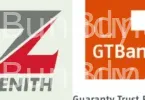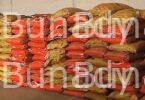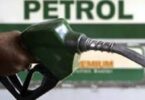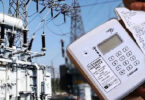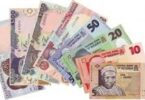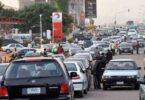The Minister of Petroleum Resources (Oil), Heineken Lokpobiri, has said that the Nigerian National Petroleum Company Limited (NNPCL) must sell petrol above the landing cost to stop smuggling.... CLICK TO READ THE FULL NEWS HERE▶▶
Lokpobiri disclosed this at the 2024 Energy and Labour Summit in Abuja, pointing out that selling imported petrol below the landing cost motivates smuggling activities.
He disclosed that smuggling will continue if the national oil firm imports PMS and sells it to marketers at about N600 per litre.
He said that security agencies are complicit in aiding smuggling, stating that persistent smuggling to neighbouring countries remains a challenge that cannot be eradicated.

According to the Nigerian Tribune, the minister disclosed that NNPC faces financial constraints in maintaining and rebuilding Nigeria’s pipelines.
Oil pipelines responsible for vandalism
According to the minister, some pipelines date back to the 1960s and 1970s and are highly susceptible to vandalism and crude oil theft, which can impact Nigeria’s oil revenue.
“The old, corroded pipelines, some of which date back to the 1960s and 1970s, are easily vandalised,” Lokpobiri explained.
Nigerian petrol sells more in other countries
Legit.ng earlier reported that smuggled Nigerian petrol sells higher in neighbouring countries than in the country.
President Bola Tinubu’s naira devaluation has sparked cross-border petrol smuggling to Nigeria’s neighbours.
Findings show that petrol smuggling is flourishing in border communities in Nigeria. Naira devaluation sparks petrol smuggling.
The development has been attributed to the naira devaluation, which has seen the CFA Franc trading higher than the naira, providing incentives for smugglers to sell Nigerian petrol.
Reports say smugglers now besiege petrol stations at border towns, buying the product for between N580 and N630 per litre to resell it for N1,200 in the neighbouring countries of Benin and Togo.
Reports say that smugglers buy from filling stations owned by significant marketers along Sango-Idiroko and sell to smugglers at a higher rate despite the Nigerian Customs Service clamping down on fuel smugglers.


